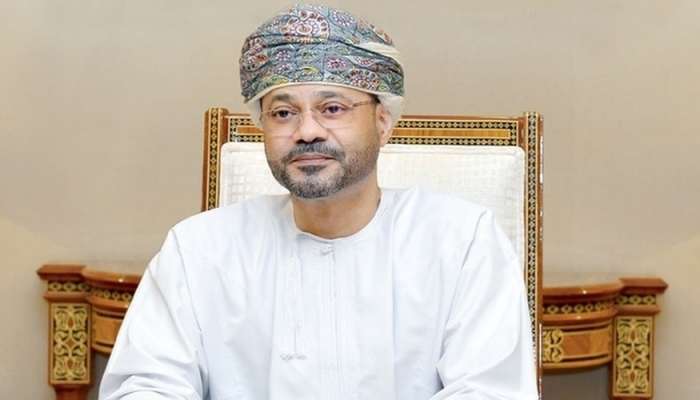The Foreign Minister of Oman, Sayyid Badr Hamad Al Busaidi, has called on Western powers to take a more active role in stopping Israel’s attacks in the Middle East. In an interview with the Financial Times, he stated that there is a “moral obligation” to put restrictions on Israel to prevent further aggression. Al Busaidi criticized the US and other countries for failing to convince Israel to end the attacks and return to the political process. He urged Western countries to abandon their unconditional support for Israel and use peaceful means of pressure to bring about a ceasefire.
Al Busaidi emphasized that Hezbollah and Hamas are not the cause of instability in the region, and that treating Iran as a hostile power only serves the agenda of the Israeli Prime Minister. He warned against following Israel’s lead in dealing with Iran, and called for a more balanced approach. The Foreign Minister highlighted the decisions of France and the United Kingdom to limit arms sales to Israel as examples of peaceful measures that can be taken by Western countries to curb Israeli aggression.
The comments from Al Busaidi come amid escalating tensions in the Middle East, with recent violence in Gaza and Jerusalem leading to calls for international intervention. The Foreign Minister’s criticism of Western powers for their lack of action may signal a shift in Oman’s foreign policy approach towards the Israeli-Palestinian conflict. Al Busaidi’s call for restrictions on Israel and a more active role from Western countries reflects growing frustration with the status quo and a desire for meaningful change.
In his statement to the Financial Times, Al Busaidi highlighted the need for Western powers to go beyond mere persuasion and take concrete steps to address the root causes of the conflict. He stressed that Western countries, as close allies of Israel, have a unique opportunity to exert pressure and influence the situation. By limiting arms sales and adopting a more balanced approach towards Iran, Al Busaidi believes that Western powers can help bring an end to the cycle of violence and promote a peaceful resolution to the Israeli-Palestinian conflict.
Overall, Al Busaidi’s comments reflect Oman’s increasing concern over the situation in the Middle East and its desire for Western powers to take a more proactive role in promoting peace and stability in the region. As tensions continue to escalate, the Foreign Minister’s call for restrictions on Israel and a shift away from unconditional support for the country represents a significant departure from traditional diplomatic norms. It remains to be seen how Western powers will respond to Al Busaidi’s remarks and whether they will heed his call for a more assertive approach towards the Israeli-Palestinian conflict.































